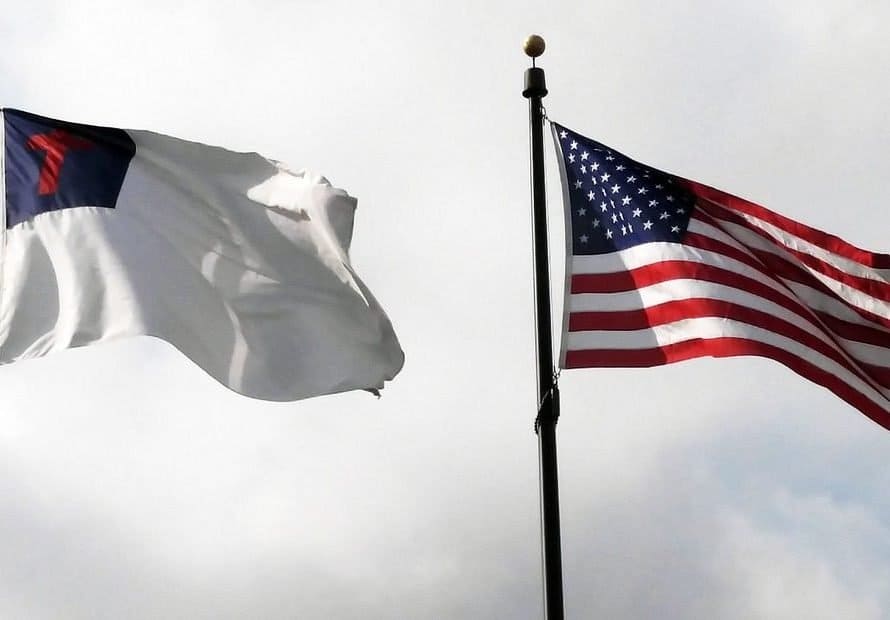Column by Bill Victor, Staff Missionary of the Missouri Baptist Convention
Recently, the Missouri State House of Representatives’ Emerging Issues Committee denied the opportunity for Senate Joint Resolution (SJR) 39, otherwise known as Missouri Religious Liberty Amendment, to go before the full House for a vote, effectively putting an end to that bill. It provoked reflection on the loss of religious liberty and its impact on the churches of this state.
Imagine a world where your religious liberty was truly threatened. Where you are ridiculed for your notions of sexual purity. Where you may not be able to make business transactions because of your commitment to Jesus. Where you may be sent to the mines or perhaps executed because of your profession of faith in Christ. Where you were blamed as being the cause of a plague because your lack of sacrifice to idols offended the gods. How bleak would your future be?
This was the situation that the early church found itself in over the course of its first 300 years. Christianity was seen as a horrible superstition. There were several false rumors spread about Christianity. Christians were called atheists because they did not sacrifice to the gods. They were called cannibals because they partook of the “body” of Christ in their common meals. They were called incestuous because they saw each other as “brother and sister” in addition to being husband and wife. The Roman government was suspicious of any new movements or religions. After Christianity became distanced from Judaism, it was seen as an illegal religion in the Roman Empire. Christians who persisted in their confession of Jesus before one Roman governor were punished for their “unshakeable obstinacy.”
The Christian movement went from 120 in the upper room on the day of Pentecost following Jesus’ ascension to a movement of over 30 million by the middle of the fourth century. And they did that without military victory or government sponsorship. How did they do this?
Jesus spent forty days after his resurrection teaching his disciples about the kingdom of God. On the day of Pentecost, the church was empowered by the Holy Spirit. After Peter’s sermon on that day and 3000 were added to their number, the church began to enact Jesus’ teaching on the kingdom. They were committed to the Apostles’ teaching, to prayer, community and worship. The Christian movement spread even in spite of brief, but at times intense periods of state sponsored persecution. It even seems that the Roman persecutions probably sped the rise of Christianity as the fortitude of the martyrs amazed and impressed many wavering Christians as well as observing pagans.
The Church continued to follow Jesus and obey his commands to love one another and to love their neighbor as themselves. Christianity did not spread originally through military might, nor through political power. It spread because of these people putting into practice the words of their Lord to make disciples of all nations and to love their neighbor as themselves. Because of their commitment to Jesus and his commands, they put themselves at risk to serve their communities. Christian values of love and charity had, from the beginning, been translated into norms of social service and community solidarity. In the first three centuries of the life of the early church, horrible plagues struck the Roman world. The Christian response to these crises was to serve.
Emperor Julian tried to revive paganism in the Empire after the rise of Christianity. Julian wrote to a prominent pagan priest:
I think that when the poor happened to be neglected and overlooked by the (pagan) priests, the impious Galileans (Christians) observed this and devoted themselves to benevolence…[They] support not only their poor, but ours as well, everyone can see that our people lack aid from us.
Whenever we seem overwhelmed by the amount of lostness and depravity around us and we seem overwhelmed at the prospect of impacting our community for the gospel, we need to remember the early Church. We are given an example of what can happen through a small group of people when they are infused with the power of God. In an increasingly post-Christian culture, we face a large task to proclaim the kingdom and to share with those around us what we’ve experienced in Jesus. And as the early Church did, we need to share it in word and deed. We need to model those elements of the early Church: devotion to the Word of God, to fellowship and community, to prayer, to worship and generosity and service. Even with such humble beginnings, God can accomplish great things and perhaps even inaugurate a movement in which we might get to play a significant role.
What was really lost when SJR 39 died in committee? Did we as Christians lose any of our religious liberty? Perhaps, but that really remains to be seen. However, when I reflect on the faithfulness of the early church in the face of state sponsored persecution, I do not despair. I pray for faithful resolve to continue to be salt and light in a world that is becoming increasingly hostile to my faith. I look at the example of the faithfulness of the early church and I may be witnessing the beginning of a movement that could overwhelm our increasingly post-Christian nation.
(Many thanks to Rodney Stark’s The Rise of Christianity for some of the historical details.)

